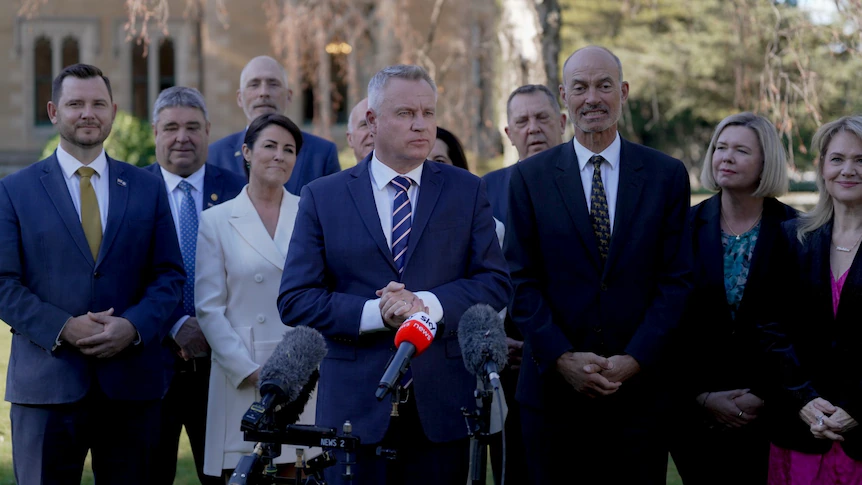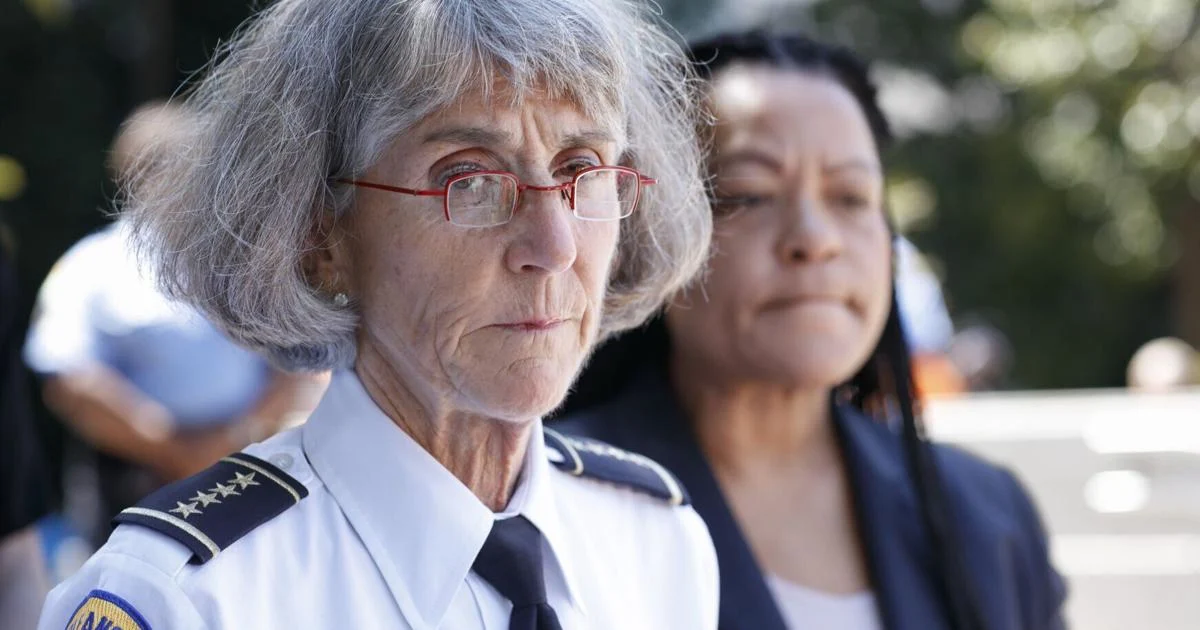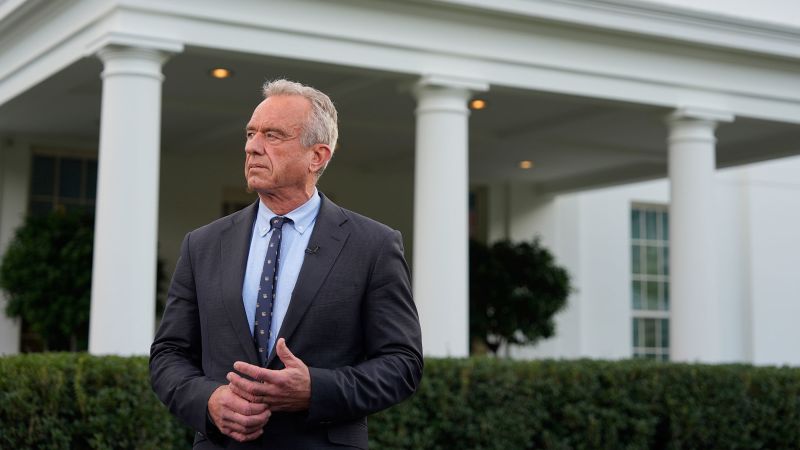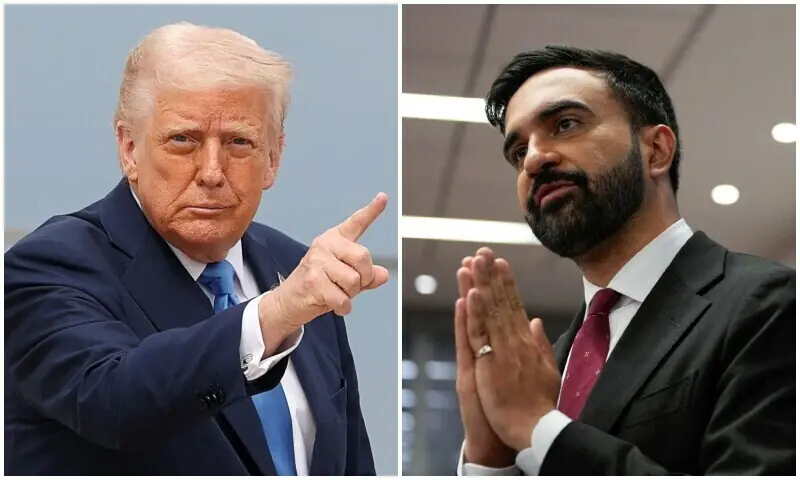By Adam Holmes
Copyright abc

Every year, Tasmanian government ministers and their top bureaucrats sit on one side of a long table to take questions from other MPs.
Budget estimates week is a chance to get direct answers from departments.
It also provides an experiment in pay differences.
Take the attorney-general, for example, who until this week was on $238,314 a year.
Sitting either side of him is the Justice Department secretary on $383,000, and three deputy secretaries, all individually earning more than the minister.
And behind them sits the minister’s chief of staff, also on a higher salary.
On the other side of the table, the non-government MPs asking the questions were on $140,185.
For the vast majority of Tasmanians, the six-figure salaries represent an entirely different world, and are clearly enough to get by regardless of who earns more.
But this growing pay difference is unique in Tasmania, where MPs earn far less than interstate counterparts, a result of a seven-year pay freeze, while other wages continue to rise incrementally.
Business groups say it could be stopping talented Tasmanians from considering a career in state politics.
Ministers’ department heads on higher salaries
Tasmanian Chamber of Commerce and Industry (TCCI) chief executive officer Michael Bailey said the pay situation has been “out of whack”.
“I have no doubt the way politicians are paid is holding people back from standing [in elections],” he said.
“There are some people that I wish would stand for parliament but don’t because they simply can’t afford to.
Near the top end of corporate Tasmania, the chief executive officer of salmon farming company Tassal earned $1.5 million in 2022 including $688,00 in bonuses, while the chief executive at publicly listed Lark Distillery was on $1.6 million in 2023.
There are also the heads of Tasmania’s government business enterprises (GBEs) that take home far more than the state’s ministers and MPs.
The chief executive of TasWater was on $567,000 last year, rising to $602,620 with benefits; while the Hydro Tasmania chief executive was on $509,000.
At the same time, the state’s lower house increased from 25 seats to 35 in an effort to attract more talent to government and opposition benches — but pay stayed the same.
“The elected officials carry the can,” Mr Bailey said.
Pay increase pegged to CPI
Labor and all upper house independents voted to allow a 22 per cent pay increase this week after the seven-year freeze, but it was not the first time Tasmania’s parliamentarians have had to contemplate their own pay.
There was the “40 per cent never forget” debate of 1996, the Giddings government’s decision to freeze pay as the economy tanked after the global financial crisis, and again under treasurer Peter Gutwein in 2018.
Since then, the Tasmanian Industrial Commission has been working to find a way to independently increase MP’s pay in line with the rest of the community.
Government minister pay will rise to $291,597, while backbenchers and most non-government MPs will increase to $171,527.
Its decision, in May, states that it is based on the consumer price index.
But the length of time for it to report resulted in the 22 per cent leap.
“The fact that a pay rise has not been forthcoming since 2019 clearly points to the need for an alternative system that removes the onus on parliamentarians to accept or reject a determination,” government minister Kerry Vincent told parliament.
Premier to limit his pay rise to 3pc
All parties and independents then found themselves wedged — either vote in favour of their own pay rise and support the independence of the Industrial Commission — or vote against in recognition of a budget crisis, but against the independent decision.
Premier Jeremy Rockliff said he will write to the clerk of the house to limit his pay increase to 3 per cent as the higher increase was “not in line with community expectations”.
He then went on the attack against Labor, when asked if other ministers would follow suit.
Premier Jeremy Rockliff: My view is clear. And other MPs? That’s for them.Reporter: But you’ve said it’s ‘not in line with community expectations’, that’s your view. Presumedly, you expect your fellow Liberal party members to follow suit and cap theirs at 3 per cent?Mr Rockliff: I’m not going to talk about other members of parliament except the Labor party blocked our attempts to stop the pay rise.Reporter: So if your colleagues don’t cap theirs at 3 per cent, they’ll be making a decision…Mr Rockliff: This is about the Labor party…Reporter: … a decision that’s not in line…Mr Rockliff: This is about the Labor party…Reporter: … with community expectations?Mr Rockliff: This is about the Labor party blocking our attempt to block a 22 per cent pay rise.
Public sector in battle for pay increase
It comes at a time when the government is locked in negotiations with unions as public sector agreements expire one by one this year.
Unions have already attacked the government’s initial offer of a 3 per cent pay rise for a one-year agreement.
Community and Public Sector Union Tasmania secretary Thirza White said Mr Rockliff’s decision to forego the full pay rise should be seen in this context.
Ms White also supported the Industrial Commission.
“We think it’s really important that if the Tasmanian Industrial Commission makes a decision, that that’s respected,” she said.
The government described the initial wage offer as “fair, reasonable and affordable”.



